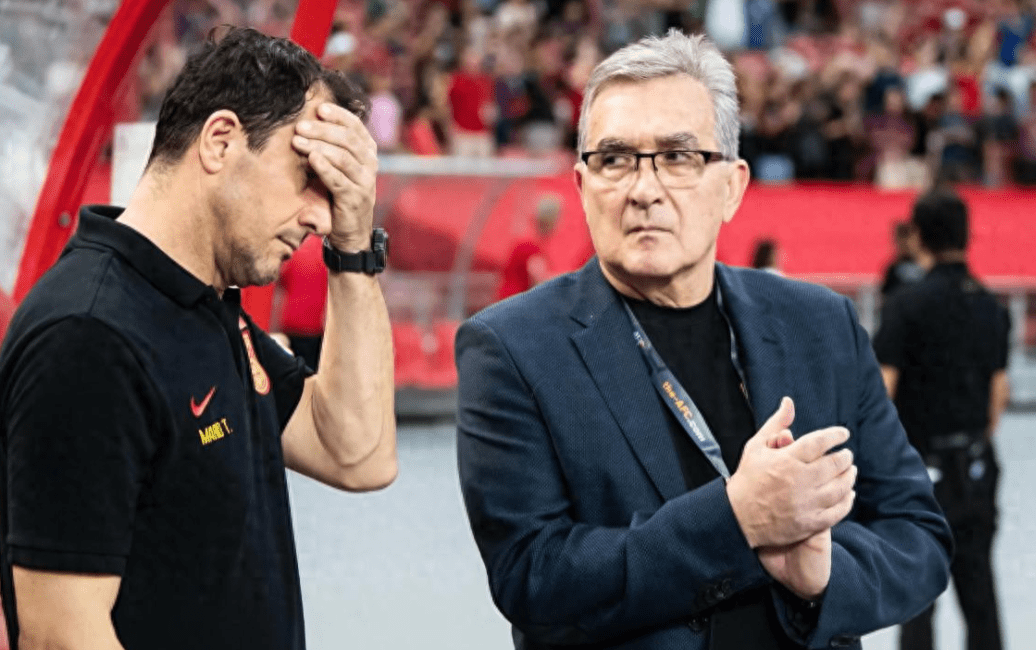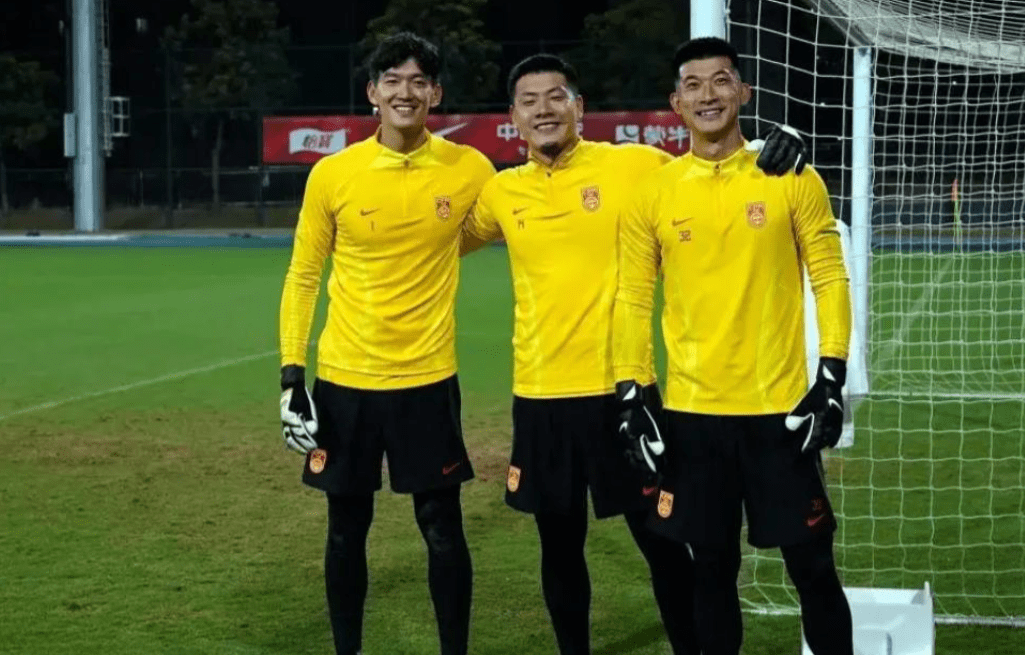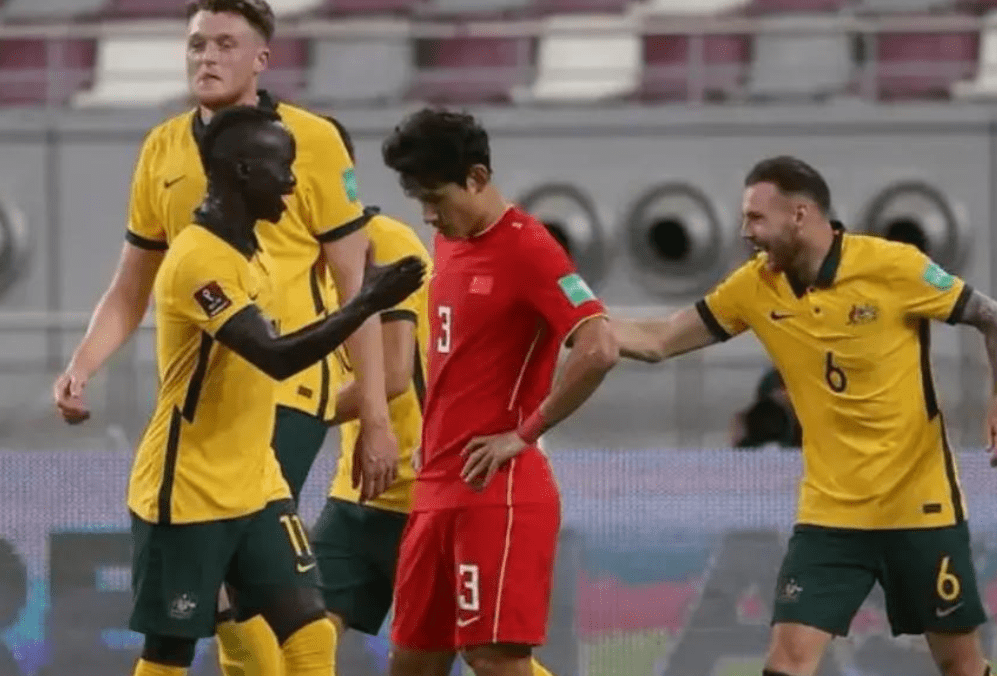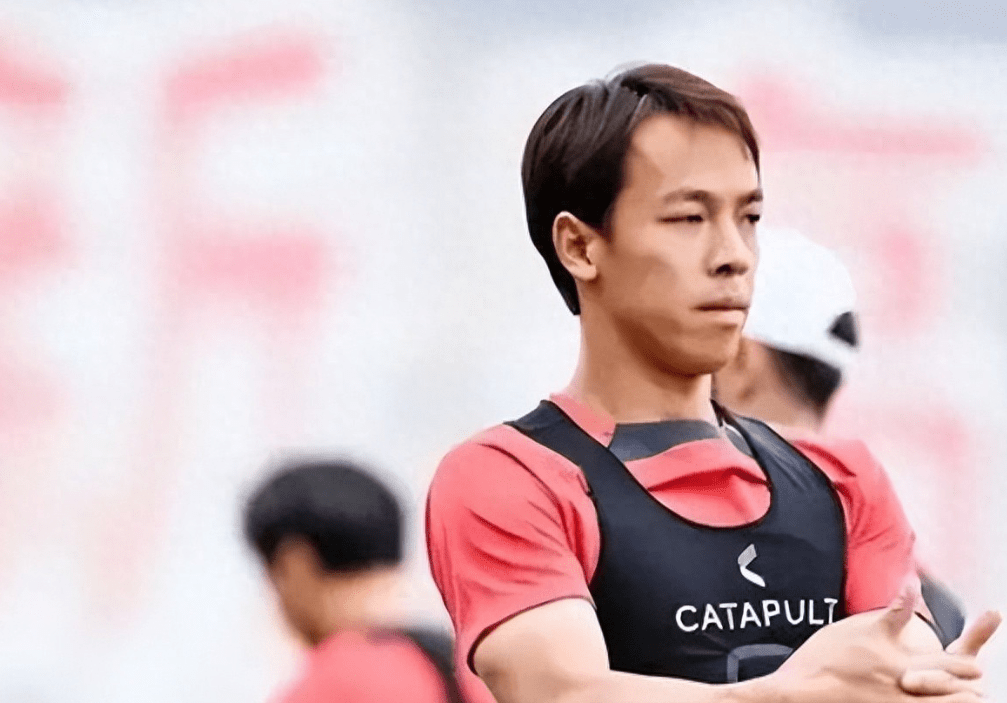"Is there hope for this national football team?" When the new list of the national football team's training camp was released, everyone couldn't help but ask this question. Reform is a "standard action" for every coach after taking office; but this time, the large-scale adjustment of the 32-man list plus the first selection of naturalized players has made the news about the national team heat up faster than the heating in winter.

On one side, veterans are being abandoned, and newcomers occupy more than half of the territory; on the other side, young goalkeepers are emerging, and naturalized player Hou Yongyong's appearance as the biggest highlight. Is this reform a new hope that is about to burst forth, or is it a high-risk "gamble"? As an onlooker, we may not be able to come up with an answer immediately, but seeing through the intentions behind it is still crucial.

Looking at this carefully selected list of 32 people, there is a particularly eye-catching number: an average age of 26.7 years old. Compared to previous lists exceeding 28 years old, this training team is indeed much younger. Among them, there are also 11 post-00s youngsters selected, which means that "renewal and replacement" is not just talk, but real action has been taken.

Younger has always been a hot word in recent years of national football reform, but truly implementing it involves no less maneuvering than on the field. Veterans do have match experience, but young people's speed, physical fitness, and combat effectiveness are unmatched by veterans. Coach Ivanovic seems to understand this well, choosing a seemingly "small step fast run" strategy: This adjustment is not a complete overhaul, but under the premise of retaining the core framework, gradually making room for newcomers: "Let you go up and rush, fight, and you might grow wings!"

In fact, if we look at our neighbors in East Asia, we can find that this path is not lonely. For example, Japan's youth policy started in 2002, kicking in the World Cup while supporting the growth of echelons. And the starting point of Chinese football is even weaker. If we still follow the routine and "work hard for qualifications," the gap will only get bigger and bigger. Like the 11 post-00s youngsters in this list, they are pinned with great hopes, and perhaps they will become the "ace in the hole" on the Asian stage in a few years. However, for now, we can only say, "We have chosen the right direction, but it will take time to see the results."

Most of the newcomers on the list are still in the "trial" stage, while the first selection of naturalized player Hou Yongyong has become the "highlight C position" of the entire list. This naturalized player has played from the Norwegian league to the Chinese football world, with many controversies behind him. But in the past season, he finally received a belated national team invitation with 19 goals, 8 assists, and the honor of the league golden boot. Compared to those newcomers who are still looking for their form, Hou Yongyong undoubtedly stands at a more advantageous starting point.

This move of "naturalization card" is not a new tactic for Chinese football. As early as 2019, naturalized players like Elkeson and Li Ke were already called up to the national team. However, judging from actual matches, naturalized players have not been in the national team system for long, and their performance has been quite fluctuating. Being cautious, Hou Yongyong is also an unknown. But no matter what the future holds, his selection at least gives fans a revelation: The path of naturalized players may really need time to verify, and it cannot be superficially tasted. Especially players like Hou Yongyong, who have international experience and new solutions, may become a "small sharp tool" for Chinese football to overcome its bottleneck period.

Of course, although the naturalization policy is a good thing, there is still that old saying - relying on others to buy your own core technology will not work, and naturalized players are just "patches" no matter how strong they are. The key is that local players must stand firm. The balance behind this tests not only the wisdom of managers but also the rational expectations of fans.

Compared to the "hot topic" of naturalized players, the change in the goalkeeper position this time seems somewhat "unpopular but solid." The 34-year-old veteran goalkeeper Liu Dianzhuo did not make the list, while the young 23-year-old goalkeeper Jian Tao successfully made the list, which is definitely a detail worth pondering in the list. Wang Dalei still firmly occupies the No. 1 goalkeeper position, followed closely by Yan Junling, but the competition for the No. 3 goalkeeper clearly leans towards the cultivation of newcomers. Is this a "tuition-paying gamble" or a forward-looking configuration?

Interestingly, the goalkeeper position is often called "half the sky" in football, and an outstanding goalkeeper can often determine the life and death of a game. In previous lineups, top goalkeepers often prioritize stability; but this time, Jian Tao's selection reveals a signal: The national team is trying an all-round renewal and replacement. The 23-year-old Jian Tao has faster reaction speed and greater potential, and perhaps in the near future, he can become a "helm that is not afraid of wind and waves" on the Chinese football goal line.
Of course, newcomers mean "greenness," accompanied by mistakes and uncertainty. But just like Ivanovic's coaching philosophy, "making mistakes" is also a necessary cost for the growth of young players. It's not shameful to be young, what's scary is not having the opportunity to learn when you're young.
If there is an invisible hand behind all these measures, then this hand is likely to be Ivanovic. From taking office until now, this coach, known as a "tactical master," has been resolutely walking his own path. Since reform is needed, big moves must be made; since directions such as rejuvenation, international perspective, and naturalization trials have become directions, why not be bold?
However, besides looking bold, Ivan's approach actually has a lot of subtlety. For example, veterans like Wang Dalei have not been "abandoned," but continue to play the role of team pillars; moreover, the number of naturalized players has not significantly increased, but is being tested within a small range. This exactly corresponds to the saying: "Mouth不服气,骨子里稳的一批."
The current situation of Chinese football, compared to some strong teams in Asia, does indeed have a significant gap, but it cannot be denied that we are finally trying, "changing the predicament with practical actions."
Like the Japanese team once used the "practice instead of training" policy to allow young players to accumulate experience in international competitions; the Iranian team fully cultivated the domestic league to create a super echelon reserve. China's current "feeling the stones to cross the river" undoubtedly draws on some advantages of its neighbors, but the final path still needs to be explored by ourselves.
The road ahead is still long, and there are still many problems, but this training list at least tells us one thing: Reform is underway and hasn't stopped! Let time and the field prove everything.